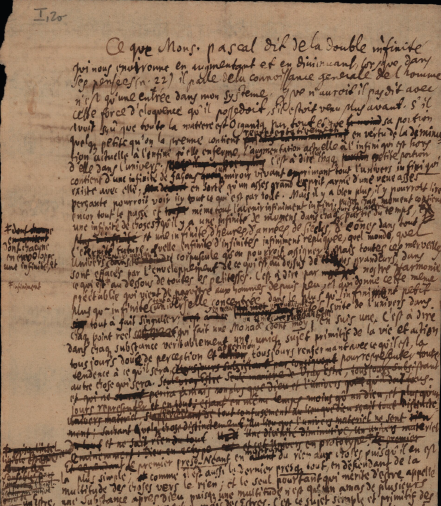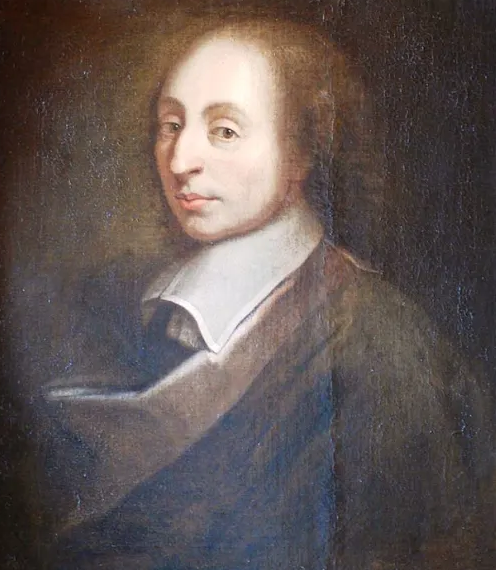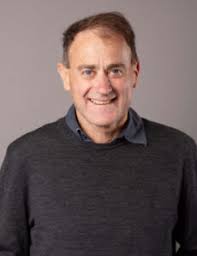
Leibniz and Pascal (after 1695 ?)
Leibniz and Pascal 1695

Leibniz and Pascal (after 1695 ?)
LH 1, 20, Bl. 212
Jusqu’ici M. Pascal. Ce qu’il vient de dire de la double infinité n’est qu’une entrée dans mon système. Que n’aurait-il pas dit, avec cette force d’éloquence qu’il possédait, s’il y était venu plus avant, s’il avait su que toute la matière est organique, et que la moindre portion contient, par l’infinité actuelle de ses parties, d’une infinité de façons, un miroir vivant exprimant tout l’univers infini, de sorte qu’on y pourrait lire (si on avait la vue assez perçante aussi bien que l’esprit) non seulement le présent étendu à l’infini, mais encor le passé, et tout l’avenir [infini pour chaque moment] infiniment infini, puisqu’il est infini par chaque moment, et qu’il y a une infinité de moments dans chaque partie du temps, et plus d’infinité qu’on ne saurait dire dans toute l’éternité future. Mais l’harmonie préétablie passe encore tout cela et donne cette même infinité universelle dans chaque [presque néant] <premier presque néant (qui est en même temps le dernier presque tout et le seul pourtant qui mérite d’être appelé une substance après Dieu)> c’est à-dire dans chaque point réel, qui fait une Monade, dont moi j’en suis une, et ne périra non plus que Dieu et l’univers, qu’il doit toujours représenter, étant [un Dieu] [comme Dieu] en même temps moins qu’un Dieu et plus qu’un univers de matière : un comme-Dieu diminutif, et un comme-univers éminemment, et comme prototype, les mondes intelligibles étant en ectype les sources du monde sensible dans les idées de Dieu.
Translation (O. Nachtomy)
Up until here it is Pascal. What he just said of the double infinity is nothing but an entry point to my system. What wouldn’t he have said with his powerful eloquence if he had advanced further, if he had known that all matter is organic, and that the least portion contains, through the actual infinity of its parts, a living mirror expressing all the infinite universe in an infinity of ways, so that one could read in it (if one had a sufficiently penetrating sight and mind) not only the present extended to infinity but also the past and all the future [infinite at each moment] infinitely infinite, since it is infinite at any moment and there are an infinity of moments in any part of time, and more infinity than one could ever say in all of future eternity? But the preestablished harmony goes beyond all that and captures this same universal infinity in each primary almost-nothing (which is at the same time the final almost-everything and the only thing which deserves to be called a substance after God), that is, in each real point, which makes a Monad, of which I am one, and will not perish anymore than God or the universe, which it must always represent, being at the same time, less than God and more than the material universe: as a diminutive-God and an eminent universe, and as a prototype, the intelligible worlds being in ectype the sources of the sensible world in God’s ideas.
⇐ BACK
-

Prof. Ohad Nachtomy
Translation
